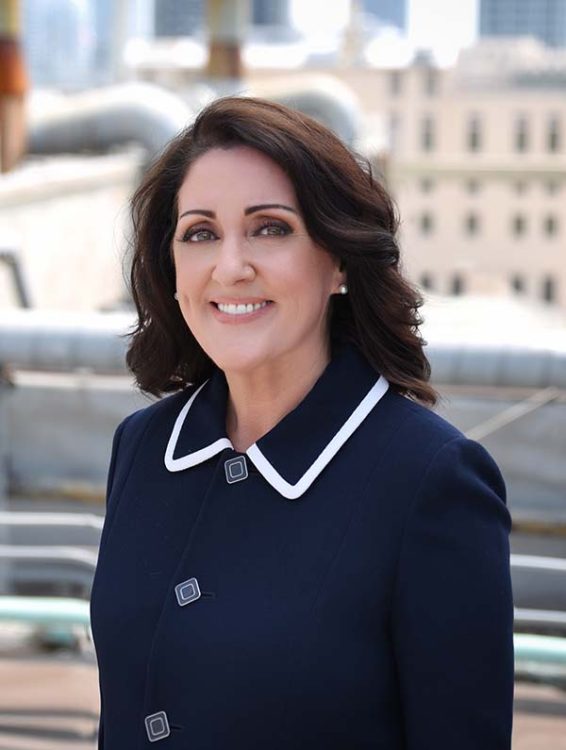Striving for Equal Access: The Chicago School continues to strive for excellence when Americans need mental health support more than ever.

President’s Blog: Embracing the Empty Nest
July 15, 2024
A Leap of Faith: The Chicago School’s 45 Years of Community Uplift
July 30, 2024The U.S. is facing a mental health crisis long in the making. One in every five American adults and one in every six children is living with a mental health disorder, and depression is now the leading cause of disability.
Inequality in our society has fortified the barriers separating marginalized communities from holistic wellness, widening the disparities in access to mental health care. Additionally, traumatic events such as mass shootings and the recent Supreme Court ruling overturning Roe v. Wade have only exacerbated the need for equal access to mental health care services.
It’s time to embrace the reality that there can be no health without mental health—and to increase access to comprehensive mental health care, we need to address issues such as systemic racism and generational poverty.
I’m proud to say The Chicago School is stepping up to lead the way in addressing this issue. We’re working diligently on efforts to improve access to mental health care for all by training more diverse practitioners who can best meet the needs of their communities.
With more than 6,000 students enrolled at The Chicago School, 62% are students of color. We’ve trained 1 in 10 counselors and psychologists in California and 1 in every 11 in Illinois. Additionally, our D.C. Campus was responsible for 58% of all doctoral degrees awarded to non-white students in the field of clinical, counseling, and applied psychology among D.C. institutions from 2020-2021. Meanwhile, throughout the country, faculty and alumni of The Chicago School are impacting their communities by working to improve access to mental health services.
In this issue of INSIGHT, we highlight these skilled and passionate professionals and the important work they’re doing in psychology, therapy and counseling, and trauma studies and treatment. This issue also includes new sections that report on our work to improve access to mental health care.
The new “In the Community” section celebrates our students, faculty, and alumni for the changes they are making where they live and in the world at large. In the “Self-actualization” column, alumni share valuable information and recommendations to support personal holistic wellness. As we face the future, we must remember that mental illness affects all of us, whether directly or indirectly. To ensure a healthier future for all, we need to work together, united in our goal to provide equal access to quality care.

Michele Nealon, Psy.D.
President




